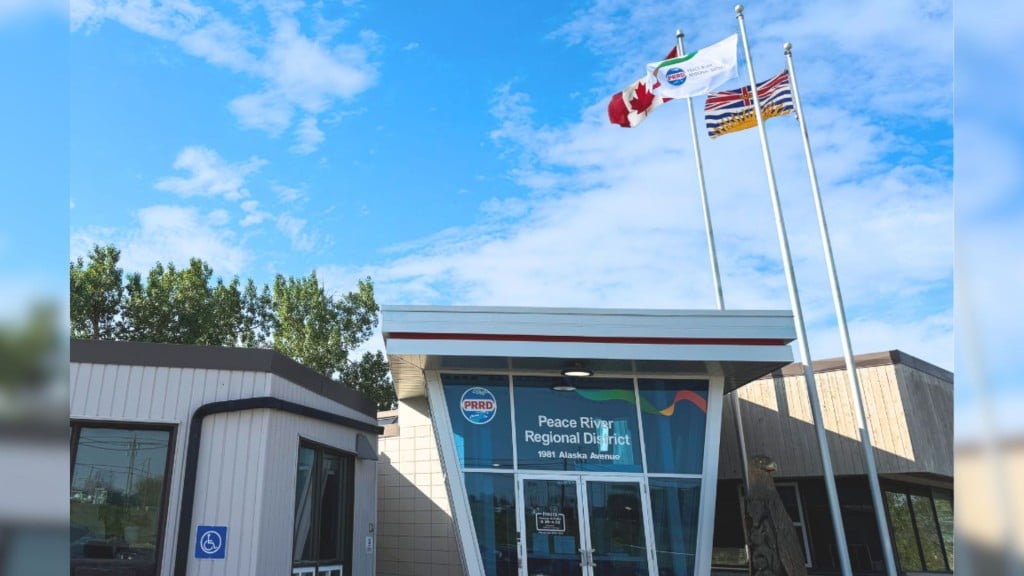
FORT ST. JOHN, B.C. — The Ministry of Energy and Climate Solutions is looking to address regional concerns on the safety of the province’s Agricultural Land Reserve in light of new renewable energy legislation.
A letter from the ministry was sent to the Peace River Regional District (PRRD) board of directors to address regional tension surrounding the Renewable Energy Projects (Streamlined Permitting) Act (REPA), also known as Bill 14.
Under REPA, the BC Energy Regulator (BCER) is responsible for authorizing energy projects on properties classified under the province’s Agricultural Land Reserve.
The letter – dated September 23rd – was in response to a letter sent in August by the board, and was included in the agenda for the board’s October 2nd meeting.
The October letter addressed the board’s concerns about the impact of renewable energy projects on agricultural land in the region.
“The intent of REPA is to speed up approval processes for key electrical transmission lines and renewable energy generation projects while continuing to ensure robust protection of environmental, agricultural and other values,” Viva Wolf, assistant deputy minister of energy and climate solutions, wrote.
Green energy projects have been a contentious topic with the PRRD board in recent months, with directors raising concerns about “losing their voice” since January.
In February, new legislation to fast-track clean energy production in British Columbia was announced, and the PRRD reviewed a letter from Adrian Dix, provincial minister of energy and climate solutions, in a March meeting.
Discussions continued in the May meeting, with the board resolving to contact members of the provincial government in an effort to continue to attempt to represent residents despite feeling “brushed off.”
The PRRD previously invited the BCER to attend a board meeting to discuss its new REPA responsibility, with a delegation appearing at the October 2nd meeting.
“In relation to agricultural lands, the BCER intends to require proponents to minimize and restore impacts to agricultural capability of the land during site selection, design and decommissioning of a wind or solar facility,” Wolf said.
According to Wolf, REPA does not allow land to be removed from the Agricultural Land Reserve, and the BCER is not authorized to “make or change any regulations” surrounding the reserve.
“The ministry and BCER are currently engaging stakeholders on how wind and solar projects will be integrated into the new regulatory framework under REPA,” Wolf said.
“The intent is to ensure that impacted parties, including regional districts, have a meaningful opportunity to engage with project proponents before the BCER makes permitting decisions.”
The letter concluded with an invitation to arrange a meeting with the ministry or have ministry staff attend meetings with the BCER and PRRD.
While the letter was included in the correspondence portion of the meeting agenda, it was not discussed by the directors.
To read the full letter from the Ministry of Energy and Climate Solutions, see below.

